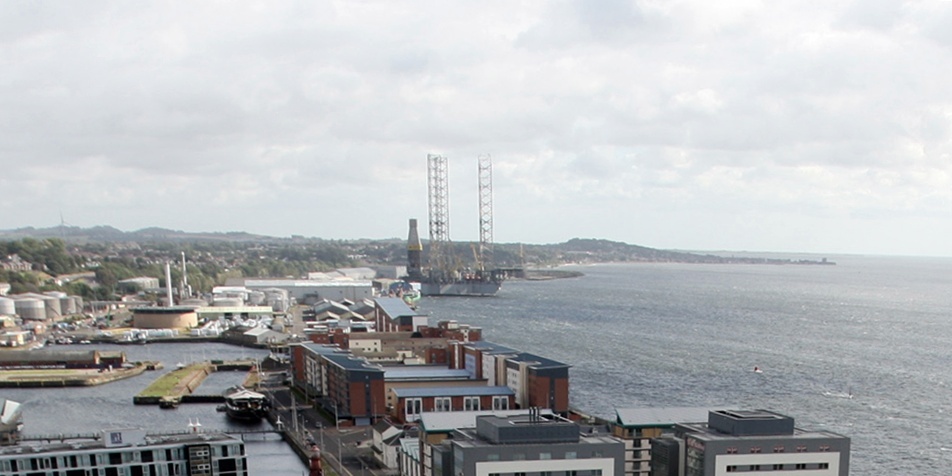Spanish wind turbine manufacturer Gamesa has said a decision on whether it will build a factory in Dundee or Hartlepool is imminent.
Last year, the company signed a memorandum of understanding with Dundee to explore the possibility of opening a manufacturing and maintenance base in the city.
The prospect of those jobs arriving in Dundee receded last month when it emerged Hartlepool was also in the race to secure the investment.
However, it is understood several other renewable energy firms are keen to invest in Dundee because of its deep water port.
Whichever city Gamesa chooses, construction will begin next year, with manufacturing scheduled to begin in 2013.
A spokeswoman for Gamesa said: ”At this moment, the company keeps in discussion and exchanges information with two ports, Hartlepool and Dundee.
”It means that we are working with the same strategy and in the same direction, analysing information, assessing different variables and requesting further information from the ports.”
She said room to expand will play a key role in the company’s final decision, and that Gamesa’s total investment will create 1,000 direct jobs and another 800 indirectly.
Securing investment from a major company would place Dundee at the heart of the offshore wind sector in Scotland, and put it in line for a significant share of the estimated £15bn-£18bn that is to be invested in the sector over the next decade.
The Scottish Government wants to procure all of Scotland’s electricity from renewable sources by 2020.
However, the Institution of Civil Engineers (ICE) said it is unlikely Scotland will be able to rely solely on renewable energy sources, no matter how desirable that may be.
Energy expert David Anderson said: ”We do not want to get to the stage where Scotland has to import power to keep the country running simply because we did not maximise the potential of our natural resources when we should have.
”We have a real opportunity to show leadership in developing marine power because of our unique natural environment.
”In Scotland the wind doesn’t blow all the time, nor does the sun shine so fossil fuels will remain important sources of energy for the next 50 years.
”We have an energy gap fast approaching, so some continued reliance on fossil fuels will be unavoidable.
”This makes developing clean coal technologies even more crucial to our sustainable energy future. Low carbon does not mean no carbon.”
However, new ICE president, Richard Coackley, said Scotland must take advantage of its renewable energy resources.
”Scotland led the way with the great pumped hydro power stations at Cruachan and Foyers in the 1940s and 1950s, which are now producing green energy at low cost,” he said.
”It needs to do the same again now in realising the huge potential for wave energy. If successfully harnessed this could put Scotland in a very strong position in terms of energy supply.
”Although the challenge the Government has set for Scotland is massive, this country has the engineering skills base to achieve it with the right support. Energy has always been at the very core of the Scottish economy and now the opportunity to maximise its potential is stronger than ever.
”It would be a shame if this wasn’t capitalised on.”
